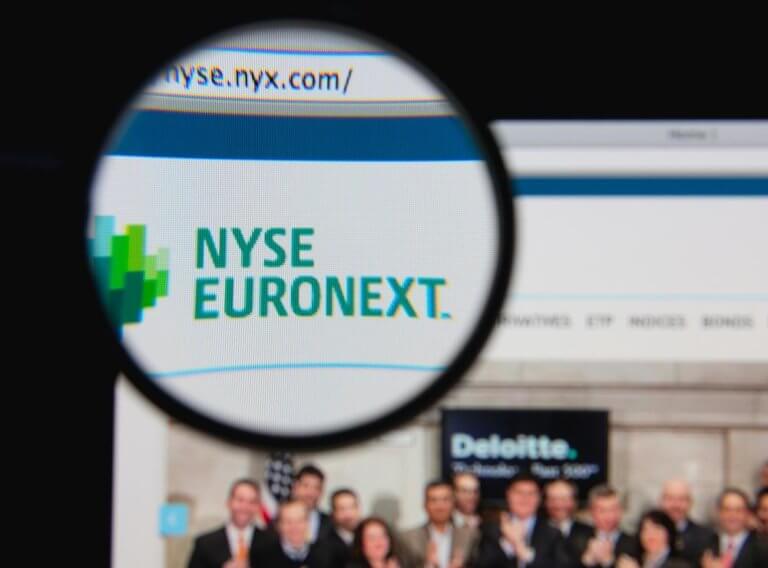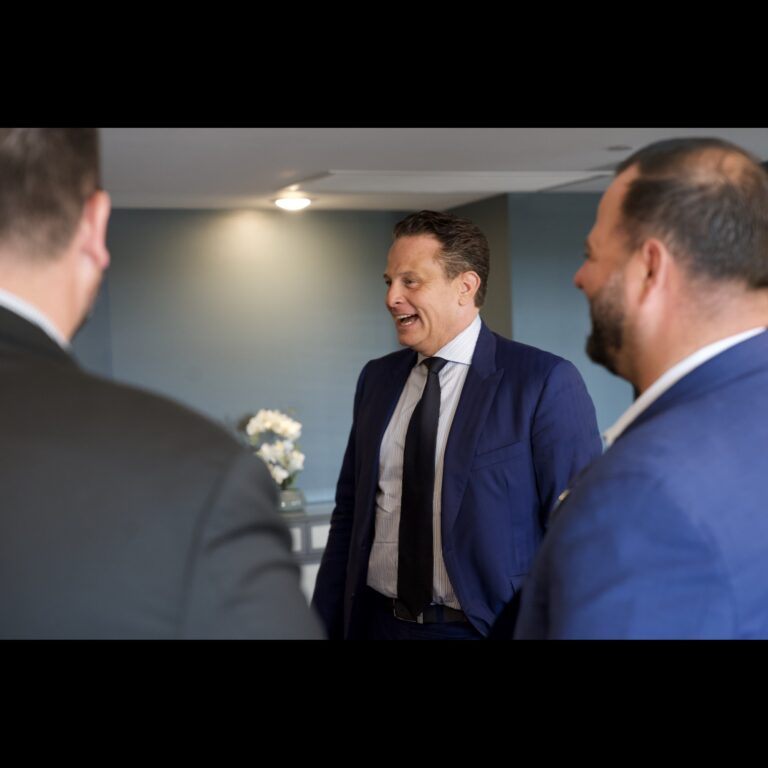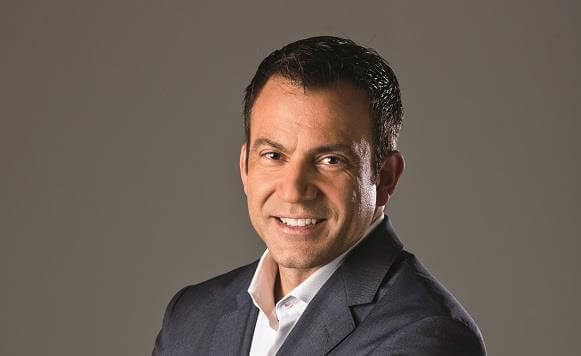
Many people’s wealth planning needs go beyond the capabilities of a robo-adviser. These digital platforms may seem sophisticated and cutting-edge because they automate advisory services, but their one-size-fits-all mentality doesn’t typically work for multigenerational wealth planning. How do people know if they have outgrown robo-advisers?
Moving Beyond Robo-Advisers’ Capabilities
Unlike algorithms, humans can craft sophisticated investment management plans tailored to multigenerational goals. Most serious investors understand this fact — a 2023 Investopedia survey found that just 9% of people use robo-advisers to build long-term wealth. They are more likely to use it to plan for something simple, like a home or car purchase.
For some, low-cost, user-friendly robo-advisers are excellent wealth management tools. A hands-off approach can feel freeing and reassuring, especially when they believe a sophisticated algorithm is handling their finances. However, robo-advisers have extensive limitations concerning complex financial situations.
Although they can easily manage goal-based investing, comprehensive estate and succession planning are far too complex. Someone who owns a business or has multiple investment accounts needs a thorough, tailored approach designed by a financial adviser.
Human professionals can offer truly personalized retirement planning, debt management and tax optimization strategies. They provide guidance for all of an individual’s financial needs. In comparison, algorithm-based platforms typically only consider risk tolerance and financial goals when developing plans.
Generally, those who have a complex financial situation, want personalized guidance, have large accounts or expect their wealth planning strategies to evolve have outgrown robo-advisers and need a financial adviser’s personal touch.
The Benefits of Comprehensive Wealth Management
Some believe they will see greater returns from using inexpensive, automated tools compared to the cost of working with a financial adviser. While financial advisers take a fee of 0.25% to 1% of a client’s assets, robo-advisers typically charge 0.25%. However, a quality professional can help build more wealth over time because they keep the decision-making process rational.
Money is deeply tied to emotions — reactive decisions destroy returns more often than markets do. Panic selling and irrational exhilaration can severely diminish long-term wealth accumulation, hindering multigenerational wealth planning strategies. It takes a steady hand and a sound mind to avoid costly investment mistakes.
Although algorithms can assess a vast amount of data in moments — much faster than any human — their recommendations are rooted in data points, not actual expertise. They can’t truly understand their clients’ needs or evolving market conditions, which can adversely affect their accuracy.
Ultimately, humans are more accurate, helping maximize the impact of financial decisions. Over half of the companies using AI for investment agree that inaccuracy is a primary concern. Whether algorithms are biased or trained on flawed data, they have a limited understanding of complex market behaviors.
A financial adviser can effectively manage and preserve wealth across generations, minimizing tax liabilities, streamlining wealth transfers and ensuring strategic wealth preservation for decades. Unlike a robo-adviser, a fiduciary is legally required to act in their clients’ best interest, empowering future generations.
Rely on Humans for Multigenerational Wealth Planning
A digital investment advisory platform can be an excellent solution for people with small or medium-sized accounts who need simpler financial advice. However, robo-advisers are not a silver bullet. While they may seem more accurate and knowledgeable on the surface, even a minor training data flaw can render their recommendations senseless.
It is not ideal to follow a series of bad tax and investment advice when trying to preserve wealth for future generations. Instead, people should rely on financial advisers for a human-centered personal touch. This way, they can receive realistic recommendations rooted in actual expertise, maximizing their returns.























